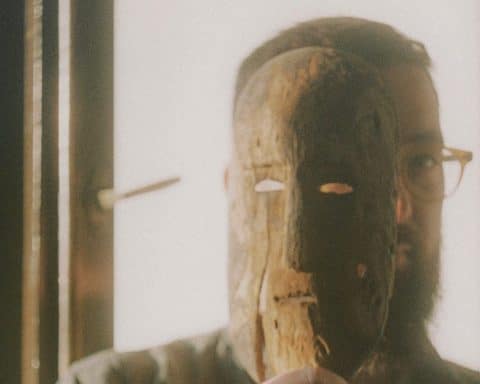 Adam Staten is a GP trainee in Surrey and is a Twitter newbie @adamstaten.
Adam Staten is a GP trainee in Surrey and is a Twitter newbie @adamstaten.
When Jeremy Hunt decided to take his children to A&E rather than wait for a GP appointment, or indeed rather than making use of the out of hours GP service, he defended his decision with a speech that included an incredibly bleak assessment of the British people. His declaration that people could no longer tell what is urgent and what is not is tantamount to describing the population as a mass of unteachable buffoons. Perhaps Hunt is projecting when he sees the public as mindlessly staggering through life constantly posing a great danger to themselves and requiring a doctor to be within arm’s length at all times.
It seems he feels that the gene pool that gave us the industrial revolution has degenerated to such an extent that it is no longer possible to teach them that a sore throat is not an emergency but that crushing central chest pain is. Hunt’s response to this is to give the people what he deems they need, GPs available all day every day.
This response is short sighted and risks entrapping the NHS in a vicious cycle of provision and demand. Increasing availability to the service will only serve to increase dependence. If we are deciding that people can’t decide for themselves what needs to a see a doctor and what does not, and what needs to be seen urgently and what does not, then surely we will need GPs available 24 hours a day, seven days a week. Then we will need more GPs available 24 hours a day. Then what? The demand is potentially limitless, trying to keep up with it is not a long term option but tackling it at source may be.
[bctt tweet=”Hunt’s response is short sighted and risks entrapping the NHS in a vicious cycle of provision and demand.”]
A cheaper and more sustainable solution would be to make a concerted and co-ordinated effort to educate the people, ideally whilst they are at school and receptive to education. For some reason we commonly do this with sexual health education but not for general health education.
There is good evidence to show that sexual health education at school works, causing adolescents to start having sex later, have fewer sexual partners and use condoms and contraception when they do have sex1. School based interventions on alcohol have also been shown to be both effective and cost –effective2.
Rampant though chlamydia and gonorrhoea may be, they will hopefully never become quite as rampant as coughs, colds and twisted ankles. Why then do we not employ the same strategy for other minor health problems? Imagine the savings in time and resources if every musculoskeletal injury presenting to primary care had already been appropriately rested, iced, elevated and treated with analgesia, or if every patient knew that antibiotics will do nothing to improve their coughs and colds? It would not be difficult to create lesson plans to teach this.
I will confess that I haven’t thoroughly costed this idea but I feel relatively safe in the assumption that it will be cheaper and easier to implement a programme whereby willing local GPs are paid the going locum rate to deliver occasional health education lectures in schools than to browbeat a whole profession into providing ever more extended hours. The legwork to provide the content for these education sessions has already been done, the information is available on the NHS website, but if people won’t access the information for themselves then we should take it to them.
We have all taken an oath that includes a commitment to teaching, perhaps now is the time to take this teaching outside the profession so we can ease the burden on our NHS.
References
- Kirby, D (2008) The impact of abstinence and comprehensive sex and STD/HIV education on adolescent sexual behaviour Sexuality Research and Social Policy 5(3): 18-27
- NICE (2007) School Based Interventions on Alcohol NICE Public Health Guidance 7









